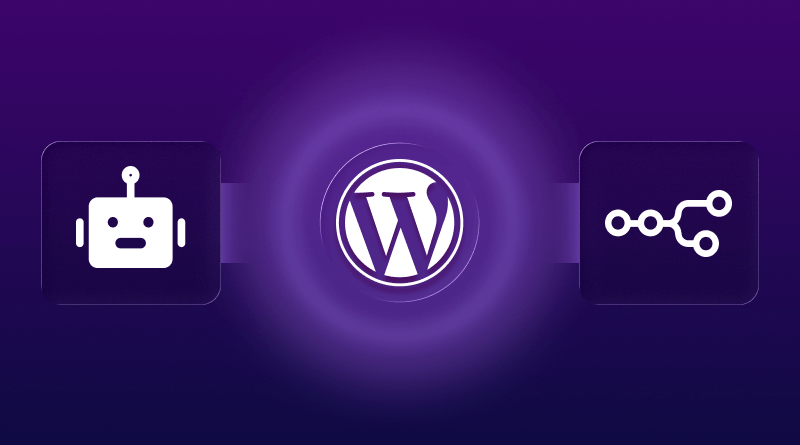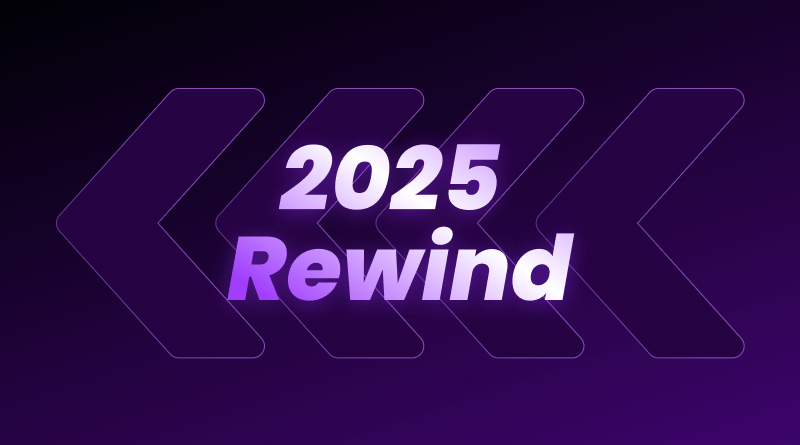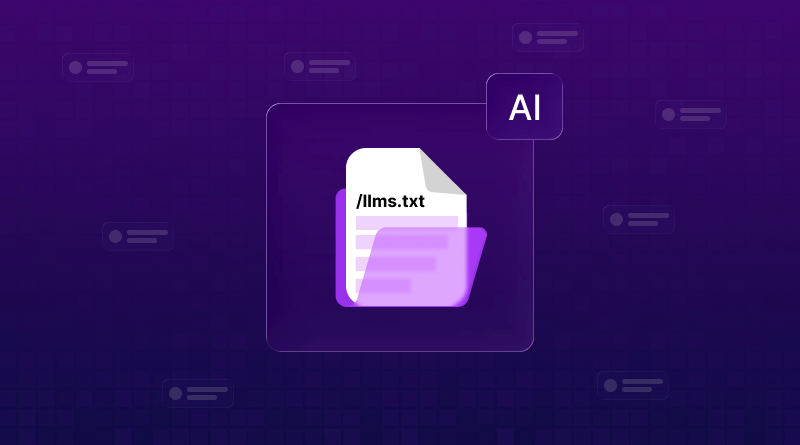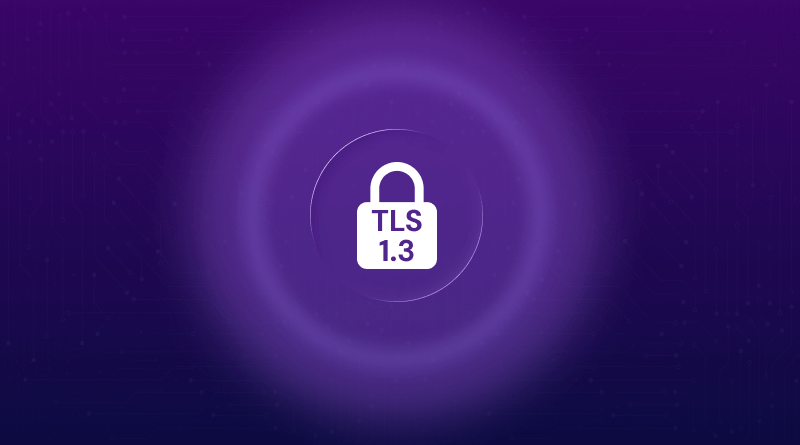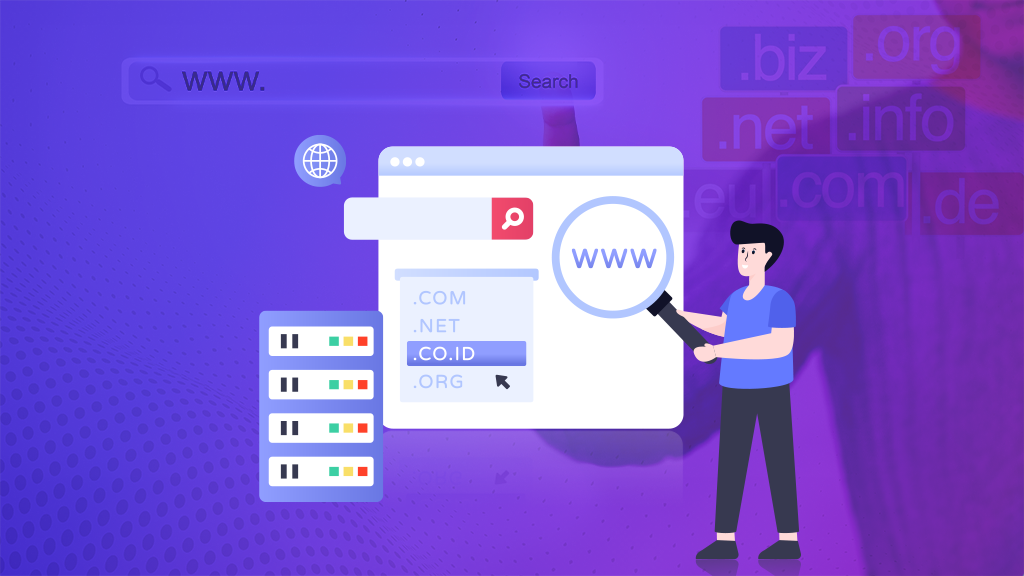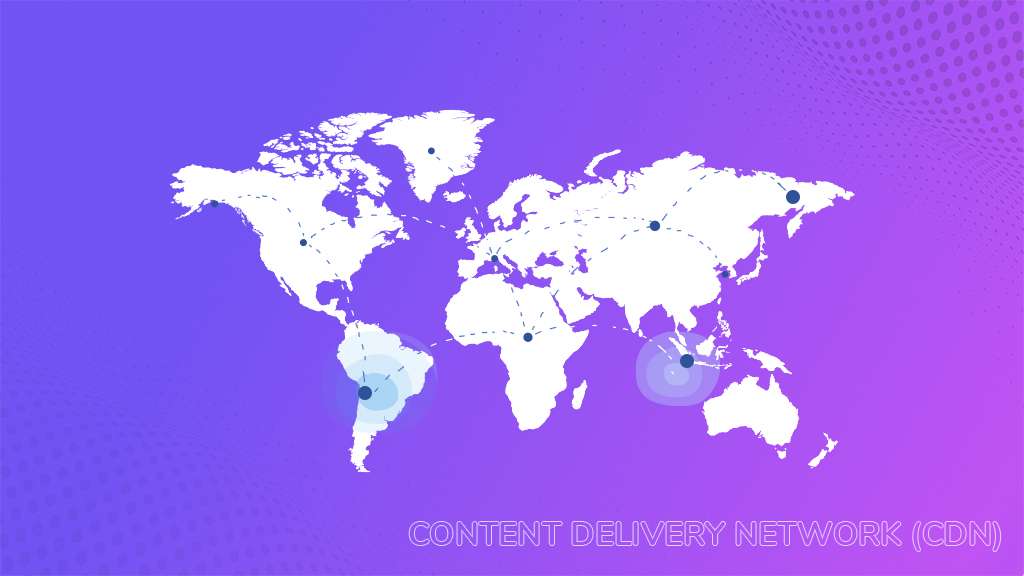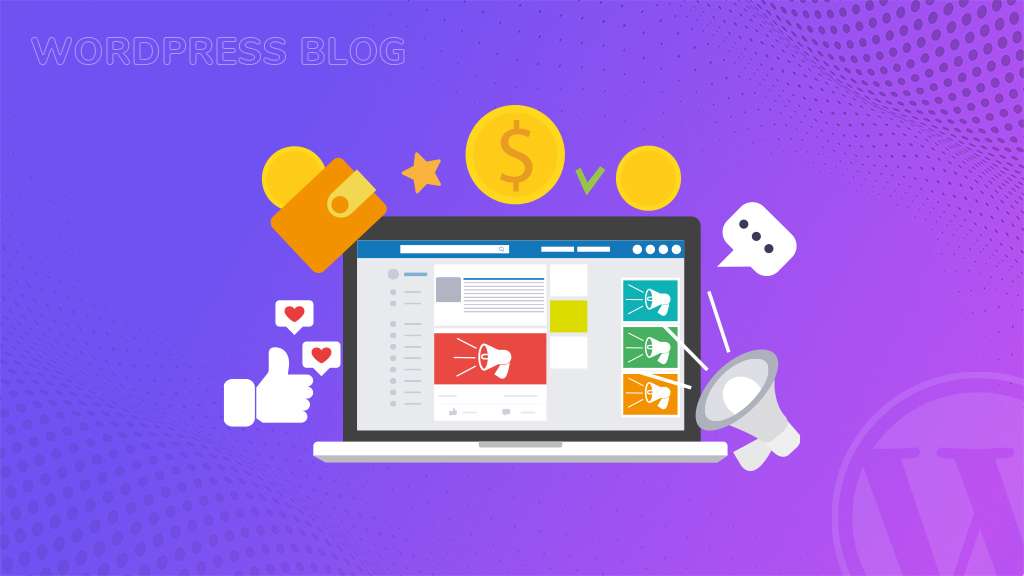
The blogging world continues to thrive, and WordPress remains a powerful platform for anyone seeking to establish themselves as a thought leader and cultivate a loyal following. However, beyond passion and self-expression, many bloggers aspire to transform their online space into a sustainable source of income. This guide explores 10 proven strategies to monetize your WordPress blog and earn huge revenue.
It’s crucial to remember, however, that building a successful and profitable blog requires dedication, consistent effort, and time investment. High-quality content and a dedicated audience form the cornerstones of any lucrative blog.
Why WordPress Blog Stands Out in Content Monetization?
Here’s a closer look at the factors that continue to make WordPress blogging a compelling choice:
1. User-friendliness
WordPress boasts an intuitive interface, making it accessible to anyone, regardless of their technical expertise, to create and manage a blog.
2. Flexibility
From personal journals to full-fledged e-commerce websites, WordPress indeed caters to a wide range of needs with its extensive library of themes and plugins.
3. Ownership & Control
Unlike some social media platforms, WordPress grants you complete ownership and control over your content and website.
4. Scalability
As your blog flourishes, WordPress seamlessly scales to accommodate increased traffic and complexity.
5. Community & Support
A vast and supportive community of users and developers ensures you’ll always find help and resources throughout your WordPress journey.
6. SEO (Search Engine Optimization)
WordPress offers built-in features and a wealth of plugins to optimize your content for search engines, enhancing organic traffic and visibility.
7. Monetization Potential
WordPress empowers you to explore various monetization options, from advertising and affiliate marketing to selling digital products and memberships.
The Cornerstones of Blog Monetization
In the dynamic landscape of blogging, where countless voices vie for attention, two fundamental elements pave the way to monetize your WordPress blog and drive success: a loyal audience and high-quality content. These concepts are not isolated; they work synergistically to create a thriving online space that attracts readers, fosters trust, and ultimately fuels your income potential.
1. The Power of a Loyal Audience
Imagine a bustling marketplace filled with vendors. Loyal customers who frequent specific stalls not only bring in consistent business but also spread positive word-of-mouth, attracting new patrons. Similarly, a loyal audience acts as the lifeblood of your blog. Here’s how they contribute to monetization:
i. Repeat Visitors, Repeat Revenue
Loyal readers are more likely to return regularly, increasing your overall website traffic. This translates to a higher potential for ad clicks, affiliate sales, or product purchases.
ii. Enhanced Credibility
A dedicated readership establishes your blog as a reliable source of information in your niche. This credibility attracts advertisers, brands seeking partnerships, and potential clients for freelance services.
iii. Stronger Engagement
Loyal readers actively engage with your content, leaving comments, sharing your posts, and participating in discussions. This fosters a sense of community and encourages others to join the conversation, further expanding your reach.
2. High-Quality Content
Think of high-quality content as the inviting storefront window that draws customers in. It’s what compels readers to not only visit your blog but also stay engaged and keep coming back for more. Content excellence fuels audience loyalty in several ways:
i. Provides Value
High-quality content significantly informs, educates, entertains, or inspires your readers, solving their problems or fulfilling their interests. This establishes your blog as a valuable resource they can surely trust.
ii. Builds Expertise
Consistently delivering well-researched, insightful content positions you as an authority in your niche. This fosters reader trust and makes them more receptive to your recommendations, product offerings, or services.
iii. Keeps Readers Engaged
Compelling content keeps readers hooked. They’re more likely to subscribe to your email list, follow your social media channels like Instagram, Facebook, and X, and actively participate in discussions, further strengthening the connection with your blog.
3. The Synergy of Audience and Content
The relationship between audience and content is a powerful cycle. High-quality content attracts and retains a loyal audience, while a loyal audience provides the foundation for creating content that resonates and drives results. As your audience grows, you gain valuable insights into their interests and preferences, allowing you to tailor your content to their needs.
By prioritizing both audience and content, you create a thriving blog ecosystem that fosters trust, and engagement, and ultimately, opens doors to successful blog monetization. Remember, it’s a continuous process. Keep learning, refining your approach, and delivering exceptional content to cultivate a loyal audience that turns your blog into a sustainable source of income.
Core Monetization Strategies for WordPress Blog
1. Affiliate Marketing
Affiliate marketing allows you to earn commissions by promoting other companies’ products or services. Here’s how to leverage this strategy effectively:
i. Find Relevant Programs
Firstly, identify companies offering affiliate programs that align perfectly with your blog’s niche. Look for products or services that your readers would genuinely find valuable and integrate seamlessly with your content.
ii. Promote Wisely
On the other hand, integrate affiliate links organically within relevant blog posts, reviews, or resource guides. Ensure transparency by disclosing your affiliate relationships to maintain reader trust.
iii. Utilize Resources
Platforms like Commission Junction, ShareASale, and ClickBank connect bloggers with a vast array of affiliate programs. Use industry blogs and publications to discover niche-specific programs that resonate with your audience.
2. Digital Advertising
WordPress offers several advertising options to generate income:
i. Display Ads
Integrate ad banners or text ads strategically within your website layout. These are typically managed by networks like Google AdSense, which pay based on impressions or clicks.
ii. Sponsored Content
Furthermore, partner with brands for sponsored posts promoting their products or services. Always disclose sponsored content clearly to maintain reader trust and avoid ethical concerns.
iii. Native Advertising
Opt for native advertising formats that seamlessly blend with your website’s design for a less disruptive user experience. This approach can enhance reader engagement and potentially lead to higher click-through rates.
A) Boosting Ad Revenue
i. Traffic Matters
The more visitors your blog attracts, the higher your potential earnings from advertising. Focus on growing your audience through high-quality content, SEO optimization, and social media promotion.
ii. Targeted Approach
Consider using ad networks that allow you to target specific demographics or interests relevant to your advertisers. Moreover, this ensures your ads are displayed to users most likely to be interested in the promoted products or services.
iii. Strategic Placement
Don’t overload your site with ads! Experiment with different ad placement options to find the balance between maximizing revenue and maintaining a positive user experience. Likewise, avoid intrusive ad placements that can hinder reader engagement.
3. Sell Digital Products
WordPress allows you to sell various digital products directly from your blog:
i. Ebooks
Offer in-depth guides, tutorials, or compilations related to your niche expertise in ebook format (PDF, ePub). Provide valuable insights and actionable strategies that address your readers’ pain points or interests.
ii. Online Course
Create comprehensive educational courses on a specific topic you know well. Deliver these courses through online platforms like Teachable or Udemy, providing step-by-step learning modules and valuable resources for your students.
iii. Templates and Plugins
If you possess coding skills, develop and sell website templates or plugins that cater to specific WordPress needs and functionalities. Ensure your products offer unique value propositions and address common challenges faced by WordPress users.
iv. Stock Photos or Graphics
If you’re a photographer or graphic designer, create and sell high-quality visuals relevant to your blog’s niche. On the other hand, it offers a variety of image formats and licensing options to cater to different needs and budgets.
A) Platforms for Selling Digital Products
i. Easy Digital Downloads
A popular WordPress plugin facilitating the sale of digital products directly from your website. It provides features for product management, secure payment processing, and download delivery.
ii. WooCommerce
WooCommerce is a powerful plugin that transforms your WordPress site into a full-fledged online store with various functionalities like product management, shopping cart, and customer accounts. It offers more advanced features compared to Easy Digital Downloads but may require a steeper learning curve.

iii. Third-Party Platforms
Platforms like Gumroad or Udemy enable you to sell your digital products while they handle payments, delivery, and customer support. This option can be convenient but may involve platform fees or limitations on customization.
B) Promoting Your Products
Use your blog to showcase your expertise through valuable, free content. Consistently deliver high-quality information that demonstrates your knowledge and builds trust with your audience. This positions you as a credible source and incentivizes readers to purchase your premium digital products for deeper insights or advanced learning.
ii. Compelling CTAs
Encourage readers to learn more about your digital products through strategic call-to-action (CTA) buttons or banners. Craft compelling CTAs that highlight the benefits your products offer and create a sense of urgency to encourage immediate action.
iii. Leverage Email Marketing
Build an email list and use targeted campaigns to inform subscribers about your digital products and offer exclusive deals or discounts. Provide valuable content within your emails to nurture leads and establish yourself as a trusted resource.
4. Offer Freelancing Services
Your WordPress blog can be a powerful tool for attracting freelance clients:
i. Highlight Your Expertise
Showcase your expertise through valuable blog content and demonstrate your skills in writing, editing, web design, marketing, or any service you offer. Publish content that positions you as a problem-solver and showcases your ability to deliver exceptional results.
ii. Dedicated Services Page
Create a dedicated “Services” page on your website so that it outlines the services you provide, your rates, and your contact information. Clearly articulate the value proposition of each service and the benefits potential clients can expect by working with you.
iii. Testimonials Matter
Display positive testimonials from past clients to build trust and credibility for potential new clients. Include quotes especially that highlight the positive impact you made and the value you delivered through your services.
iv. Network and Promote Yourself
Actively network online and offline within your niche to spread awareness about your freelance services. Participate in industry communities, online forums, and relevant social media groups to connect with potential clients. Henceforth, consider attending industry events or conferences to establish yourself and build relationships.
5. Memberships
Create exclusive content or communities through paid memberships on your WordPress site:
i. Offer Value
Provide members with exclusive benefits like in-depth content, bonus materials, access to online communities, or discounts on products or services. Tailor your membership offerings to provide significant value that incentivizes readers to subscribe.
ii. Tailored Content
Cater membership tiers to different needs and budgets. Offer varying levels of access and benefits to cater to a broader audience. For example, a basic tier could offer access to a members-only forum, while a premium tier could include exclusive video tutorials, downloadable templates, or personalized coaching sessions.
iii. Engagement Strategies
Foster a sense of community through member forums, Q&A sessions, or exclusive online events. Encourage interaction and create a space where members can connect, share their experiences, and learn from each other.
6. Subscriptions with Subscription Plugins
Plugins like Paid Memberships Pro or Recurly allow you to offer recurring payments for premium content or access to exclusive areas of your website. This indeed provides a predictable income stream and incentivizes subscriber loyalty by offering ongoing value for their subscription fees.
7. Offer Coaching or Consulting Services
Your blog can significantly establish you as an expert and attract clients for coaching or consulting services related to your niche. Offer one-on-one consultations, group coaching sessions, or customized packages to cater to individual client needs. Utilize video conferencing tools like Zoom or Skype to connect with clients remotely, making your services accessible to a wider audience.
8. Leverage Online Courses
Integrate online courses with your WordPress site using platforms like LearnDash or LifterLMS. This allows you to share your expertise in a structured format and generate recurring income from course sales. Develop comprehensive learning modules, and quizzes, and provide valuable resources explicitly to ensure your courses offer an enriching learning experience for your students.
9. Host Paid Webinars or Events
Utilize platforms like Zoom or WebinarNinja to host paid webinars or online events related to your blog’s topic. Offer valuable insights, answer audience questions in real-time, and promote your other offerings like courses or consultations during the event.
10. Brand Partnerships and Sponsorships
As your blog gains traction and audience, you might attract brand partnerships or sponsorships. This could involve creating sponsored content, promoting specific products or services through product reviews or tutorials, or collaborating on joint initiatives that benefit both your audience and the brand.
Conclusion
In conclusion, the key to successful blog monetization lies in a multi-pronged approach. Experiment with different strategies, analyze the results through website analytics tools, and refine your approach based on what works best for your audience and niche. Remember, building trust and providing consistent value is crucial for long-term success.
By cultivating a loyal readership, delivering high-quality content, and implementing effective monetization strategies, you can transform your WordPress blog into a sustainable source of income and a rewarding online venture.


